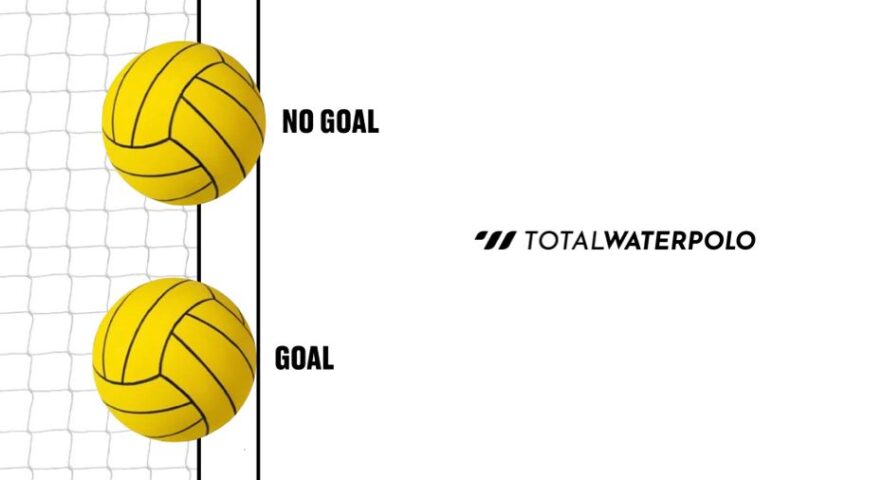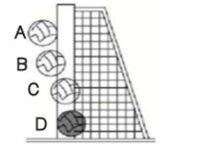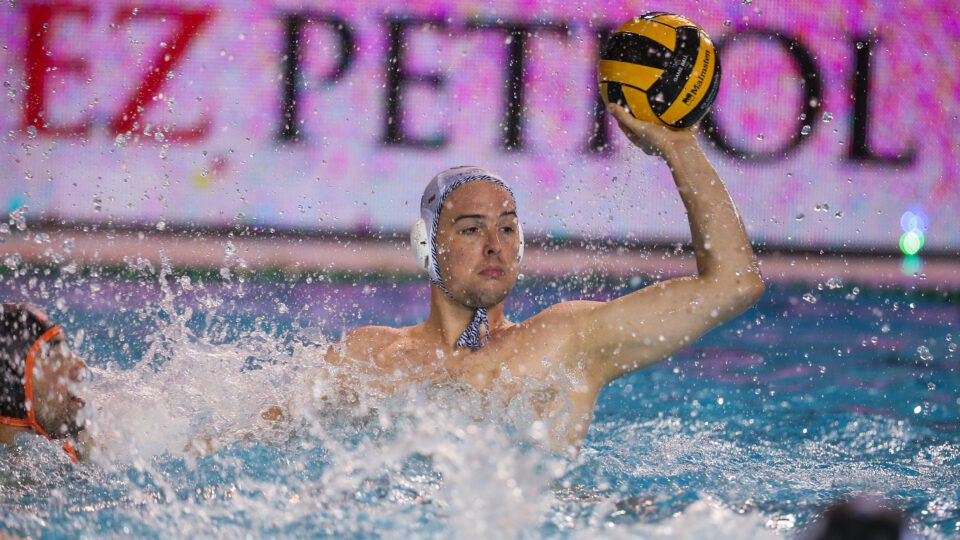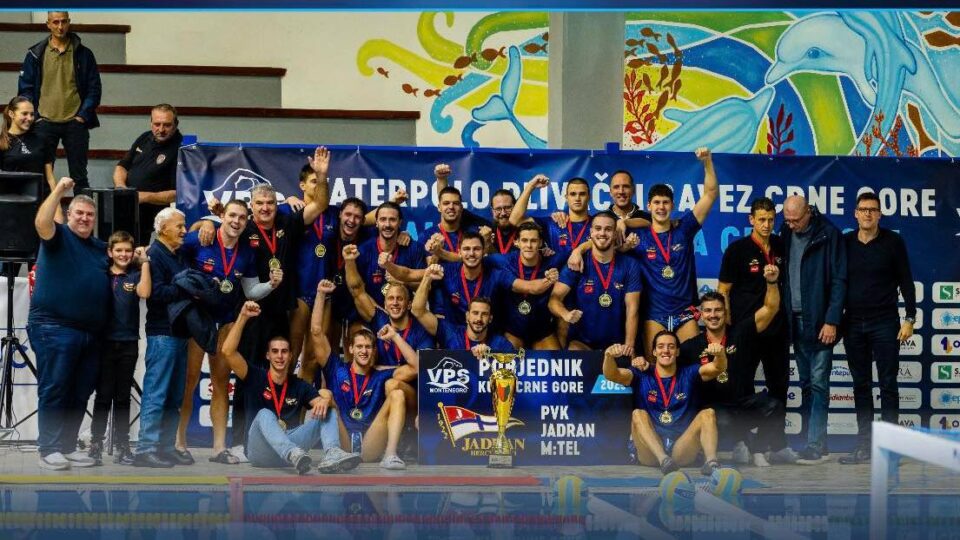Yesterday, we shared a clip on Instagram featuring a perfectly good goal scored by Alessandro Velotto in Italy’s opening European Championship contest against Georgia on 4th January. Except the only problem is that the goal was not given. VAR ajudged the ball to not have crossed the line.
In the days following the Velotto incident, two similar goal-line situations occurred at Eindhoven in the matches between Romania and Czechia, and the Netherlands and Hungary (yesterday). In these instances, VAR made the correct decision to award the goals.
While these incidents ultimately revolve around the decision-making of the referees, there is something more concerning that these situations highlight — confusion among fans about what a goal actually is.
When we posted an Instagram story featuring a goal-line angle from the Romania vs. Czechia match (thankfully shown on the Eurovision stream), we posed a simple question: Is this a goal? 78% responded yes, while 22% responded no. You can see for yourself below:

Image 1: This goal was awarded in the Romania vs Czechia match. Compare this image with the diagram below.
What is the rule?
Knowing what a goal is is simple, right? Here’s a reminder of what the rules states:
‘7.1 A goal shall be scored when the entire ball has passed fully over the goal line, between the goal posts and underneath the crossbar. The goal line is an imaginary laser line which runs on the front side from one goal post to the other post. A goal is scored when the ball fully passed the goal line as in position D and may be scored from anywhere within the field of play by any part of the body except a clenched fist’ (World Aquatics Competiton Regulations, 2024)
As the diagram clearly shows, a goal is scored when the ball reaches position D. Photo: World Aquatics.
In essence, the thing to remember during close goal-line reviews is this: scoring a goal is no longer determined by physically seeing the entire ball crossing the back part of the goal-post. Instead, it is now based on not seeing any part of the ball protrude beyond the front side of the post – aka the goal-line.
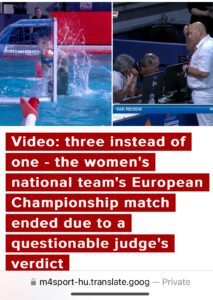
Image 2: Taken from M4 Sports website.
The fact that 22% of our followers thought that this was not a goal is a reflection of how inconsistently the law is applied, and that there is poor or no communication between the regulators and the stakeholders in the game. When one day a goal is not awarded in Zagreb, while the same incident results in a goals being given in Eindhoven, fans have no hope of saying with any certainty when a goal has been scored.
We hope this article provides some clarity on the rules, so when these situations emerge in the future, fans (and perhaps even referees) can come to a decision with more certainty.
Follow us on Facebook, Twitter and Instagram.
Find all episodes of the Total Waterpolo Podcast here
For more video content, subscribe to our Youtube Channel and Tik Tok account



